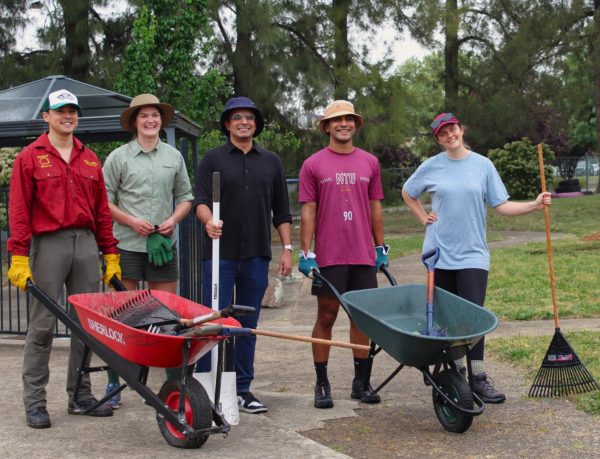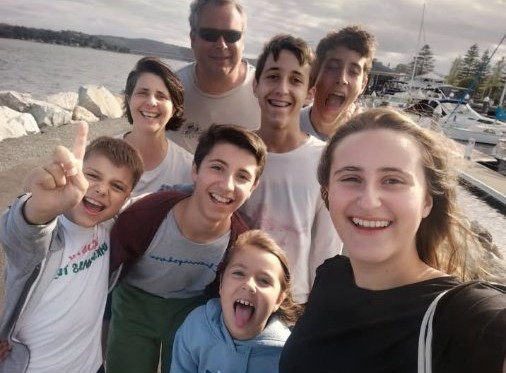Written by Revd Dr Ian Coutts, Mission & Community Engagement General Manager
Who is my neighbour?
This famous question in Luke 10:29, of course introduces the parable of the Good Samaritan. Jesus redefines our neighbour from the lawyer’s question as anyone we encounter who has needs.
In a relatively recent research test, Seminarians in the States encountered an actor slumped on the ground between two buildings en route to giving a mock sermon on, wait for it, the Parable of the Good Samaritan. The research showed that most Seminarians did in fact stop to check that the person was okay, but if they had been told that they had to deliver the sermon within a few minutes, they were much less likely to stop with the person, than if they had been told there was no hurry.
Much of our work in Anglicare is dedicated to adults and children who are our neighbours because they have specific needs for care and help.
At the recent the Anglicare Australia National Conference, however, Prof Hugh MacKay AO, challenged Australia about our knowledge of our physical neighbours and the gradual breakdown in community. The statistics from his book The Art of Belonging were instructive. I am just selecting a few: Only 8% attend church regularly, we move house on average once every six years, we have a low birth rate of 1.7 children (0.7 of a child always worries me!) a growing divorce rate, an ageing population, single households reaching 30% of the total, and we are time poor. Cumulatively, Hugh MacKay argued these all contribute to a scenario where community is affected and, intriguingly, where 80% of Australians apparently say they do not trust their neighbor. Hugh MacKay’s conclusion was that this lack of trust was primarily because many Australians did not actually know our neighbours. This seems a really interesting practical mission challenge. Furthermore, at the ACT ESA Fire Season Briefing concern was also expressed about the possibility of considerable heatwaves and brown outs in January and February and the importance of checking on our neighbours, which further begs the question: who is my neighbour?


